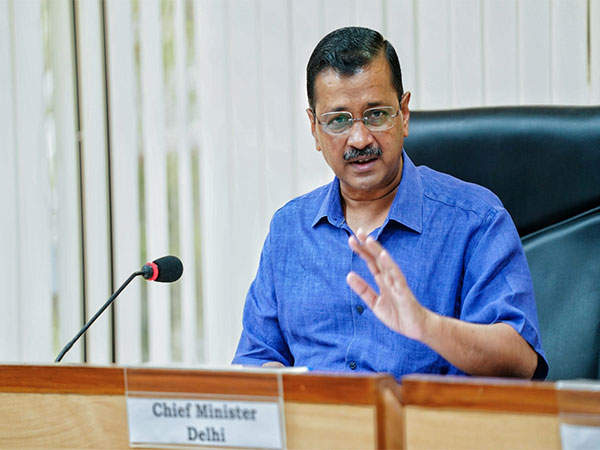The Delhi Government is tightening its grip on air pollution by intensifying its efforts towards implementing a comprehensive plan to combat winter pollution. Delhi Chief Minister Arvind Kejriwal will announce the Winter Action Plan on 29 September, according to an official statement of the state government.
Providing further information, Environment Minister Gopal Rai said in a statement, “We are preparing a Winter Action Plan to curb winter pollution in Delhi on the basis of reports given by the departments. A joint meeting regarding the Winter Action Plan of all the 28 concerned departments was held on September 14 in the Delhi Secretariat and different responsibilities were assigned to the departments. Instructions have been issued to all construction agencies to strictly follow the norms related to dust pollution.”
In the meeting, officers from Environment Department, DPCC, Development Department, Delhi Cantonment Board, CPWD, DDA, Delhi Police, DTC, Revenue Department, DSIIDC, Education Department, DMRC, PWD, Transport Department, NHAI, Delhi Jal Board, DUSIB, NDMC were present. All departments were instructed to submit detailed action plans under the Winter Action Plan to the Environment Department by September 25.
Environment Minister Gopal Rai said, “Keeping in mind the phenomenon of rising pollution in Delhi during winters, the Delhi Government is preparing a ‘Winter Action Plan’. We conducted a high-level meeting of 28 government departments on September 14th in this respect. In that meeting, all the departments were given a unique goal, to be included in the Winter Action Plan.”
He continued, “Chief Minister Arvind Kejriwal will present this Winter Action Plan in front of the citizens of Delhi on September 29th, 2023. All the government departments will act in unison in the implementation of the Winter Action Plan to curb the rise of pollution in ensuing winters.”
He also said, “Last year, we worked together with all the agencies involved in the construction business in Delhi to keep a noose on pollution. Today, I am appealing to them to follow the norms related to dust pollution. Action would be taken against all those agencies who violate the law. A separate action plan will be made for 13 hotspots to reduce pollution. This time special monitoring will be done on hotspots to reduce pollution.” (ANI)
Read More: https://lokmarg.com/


